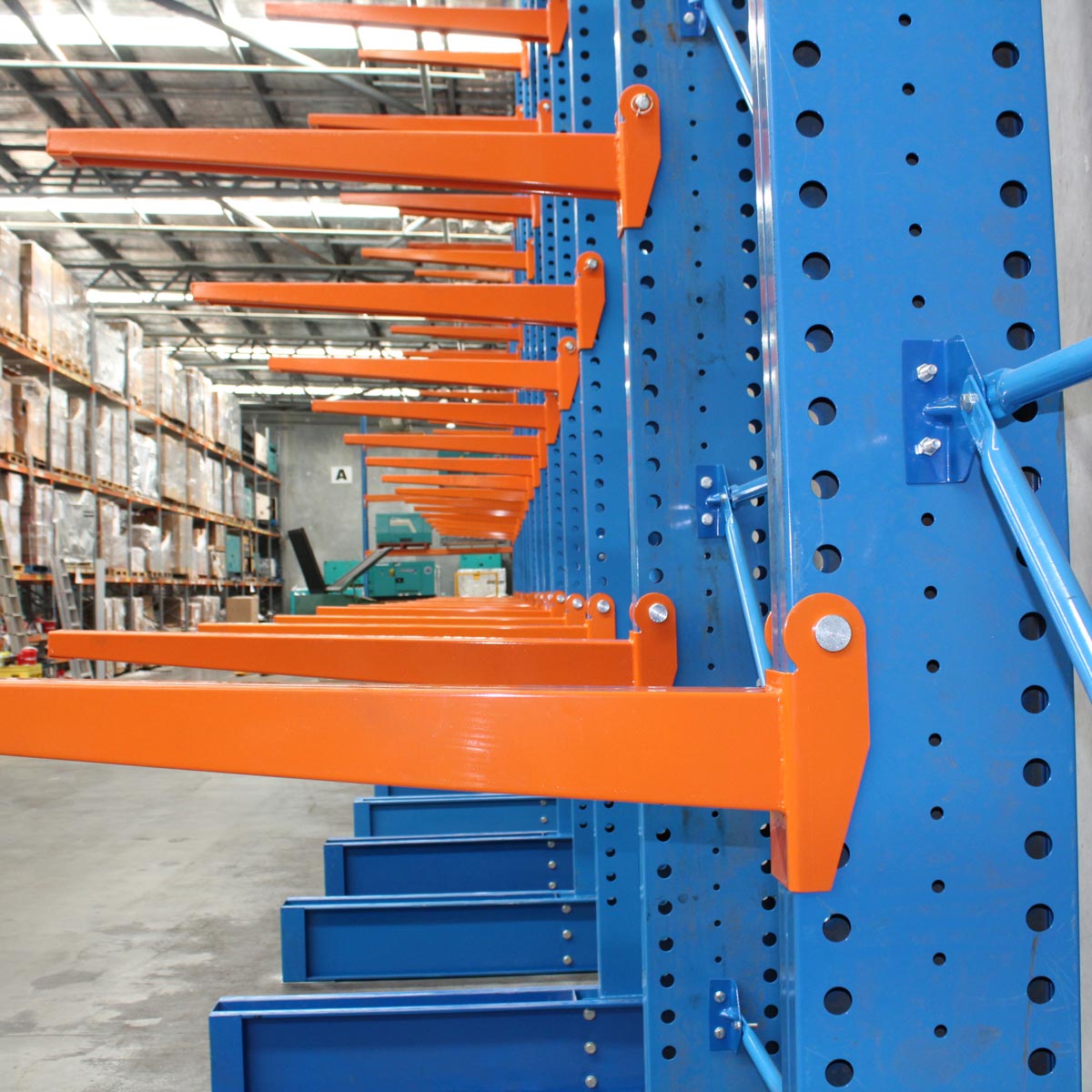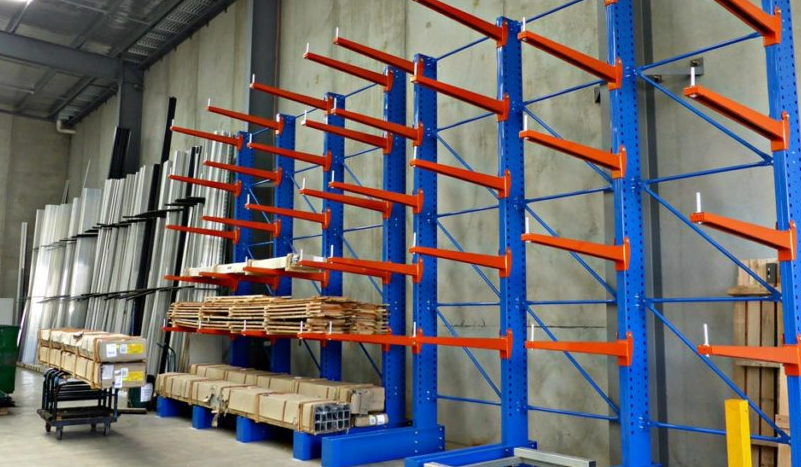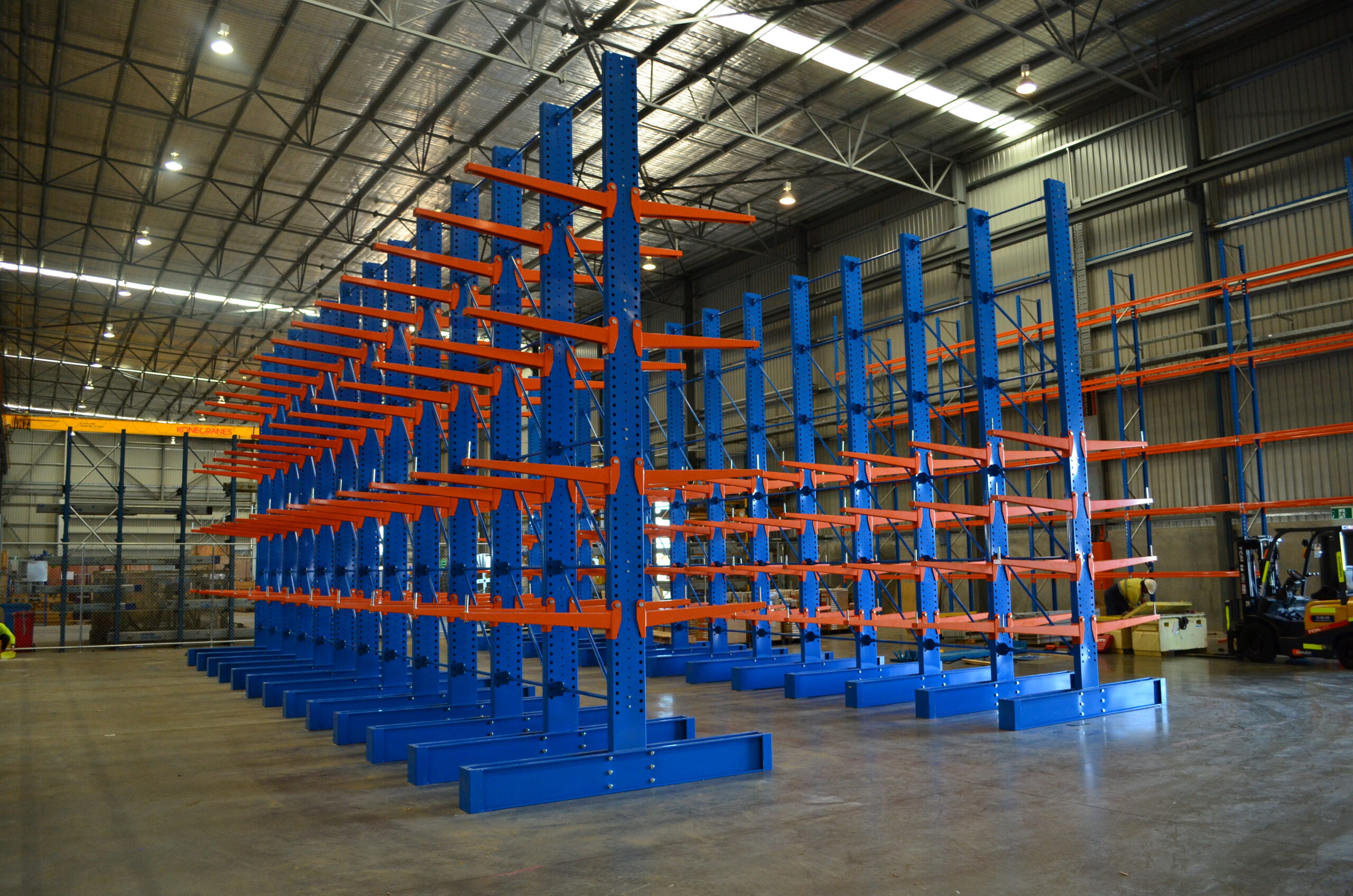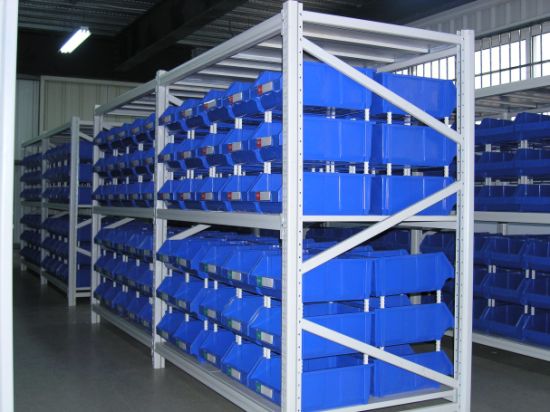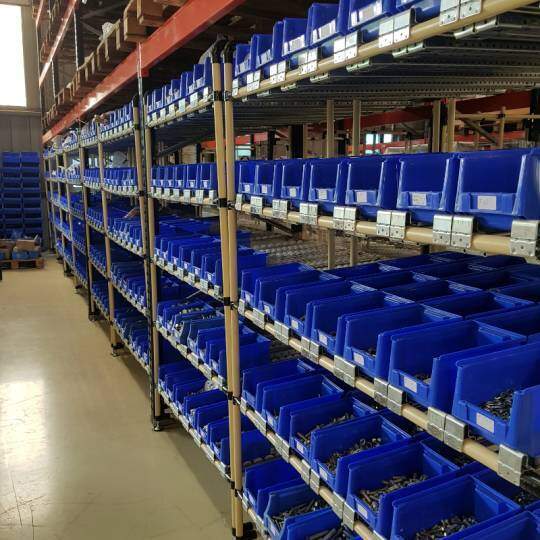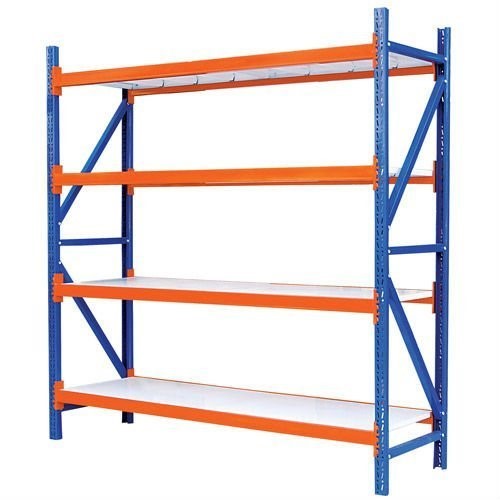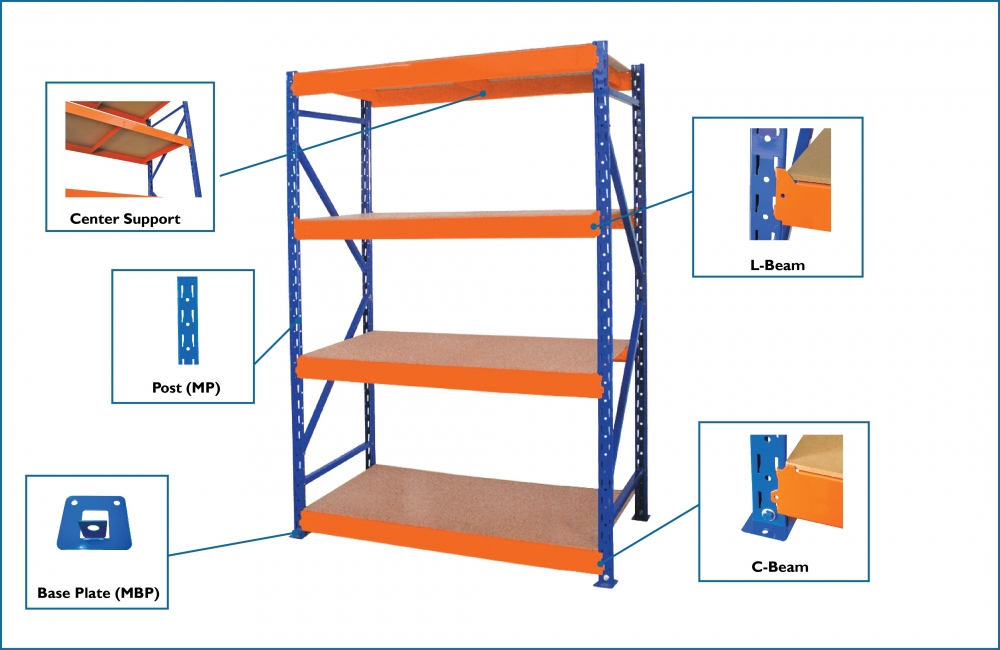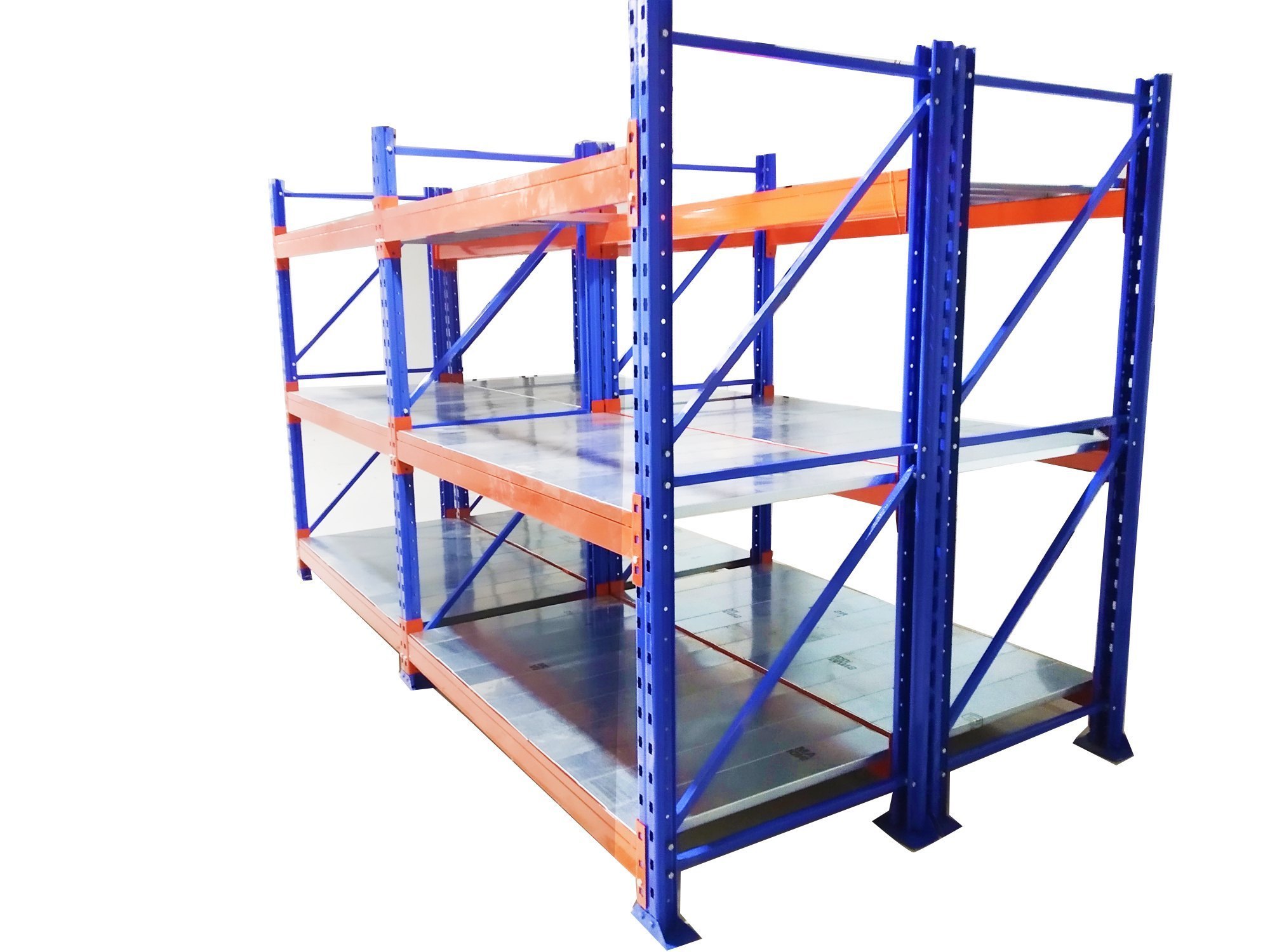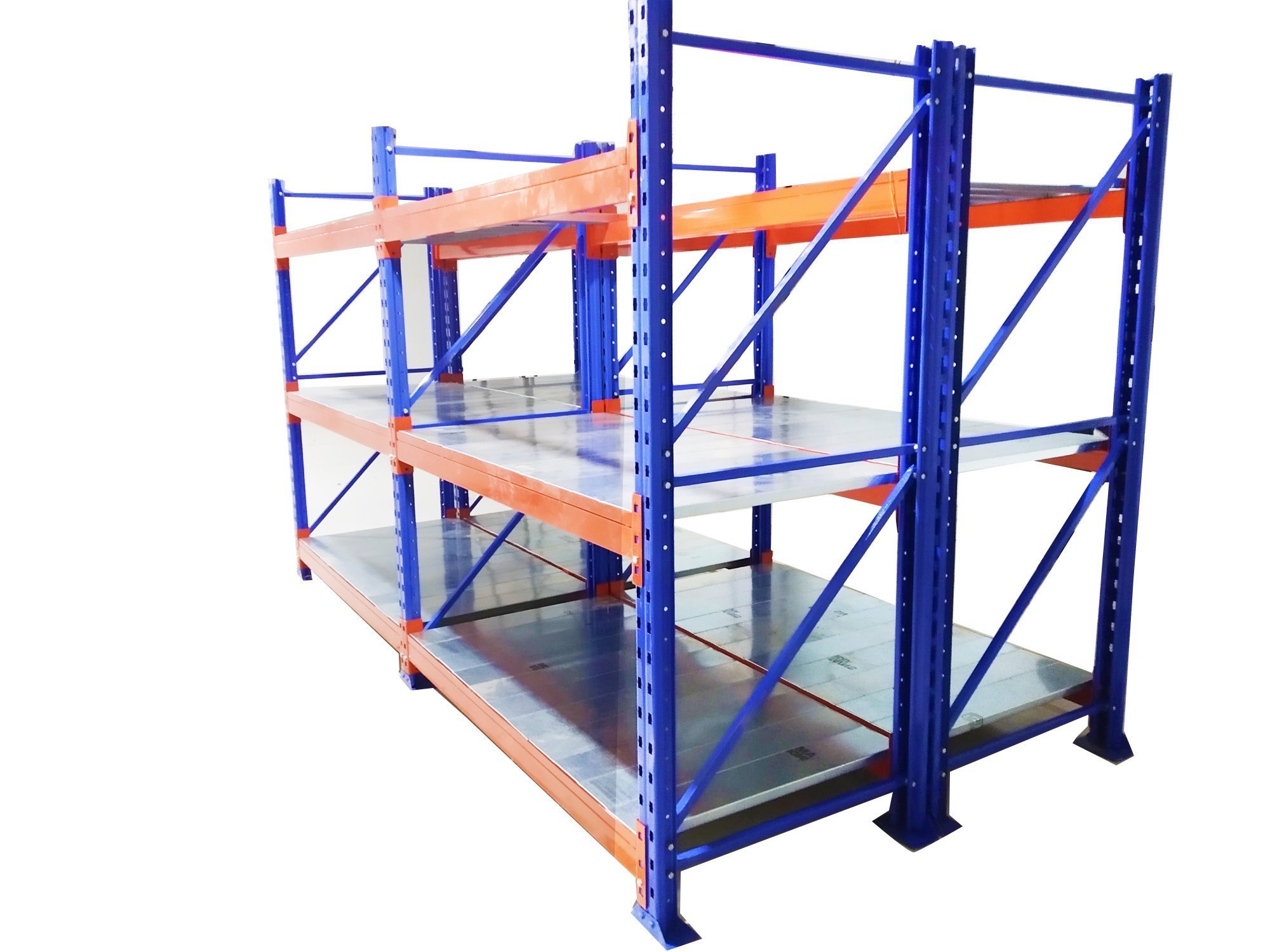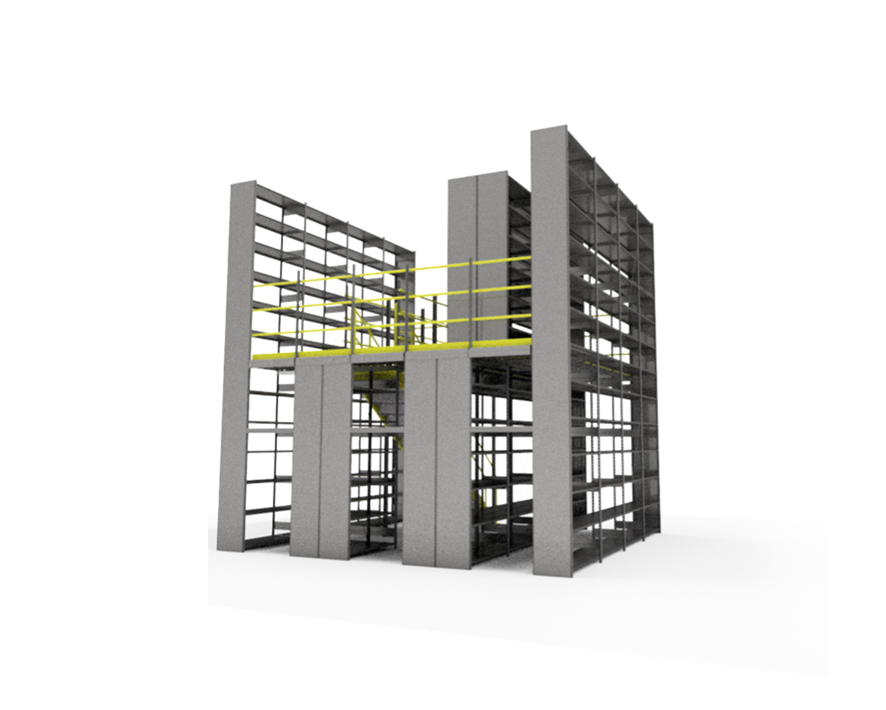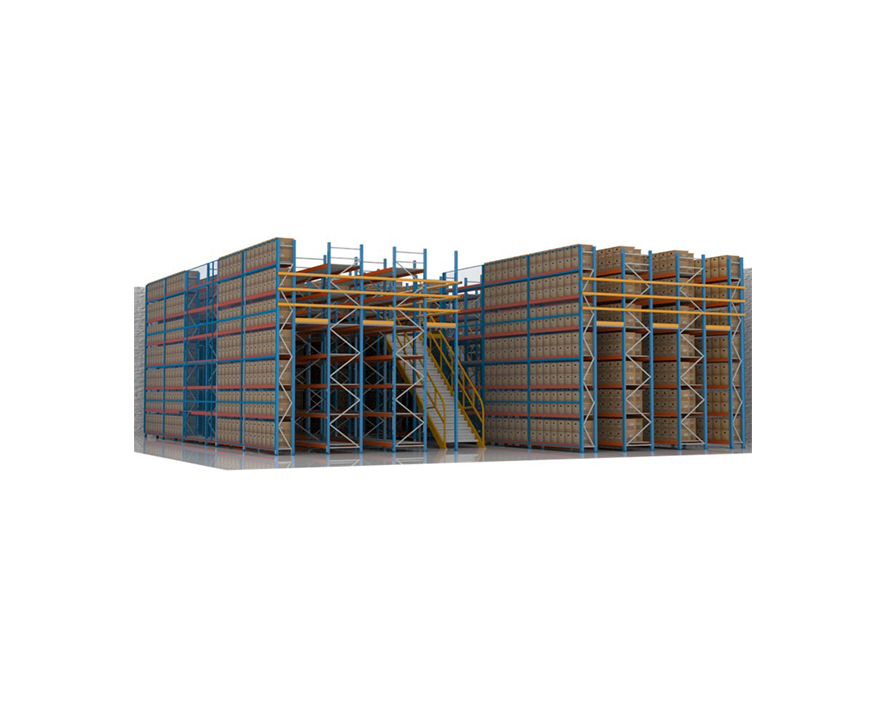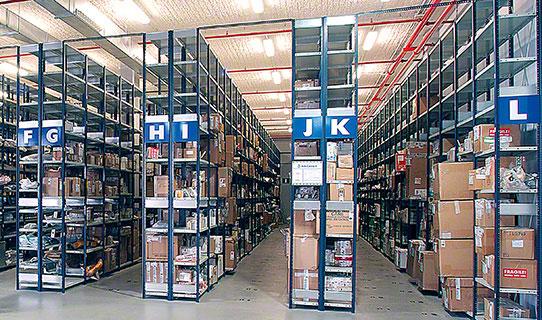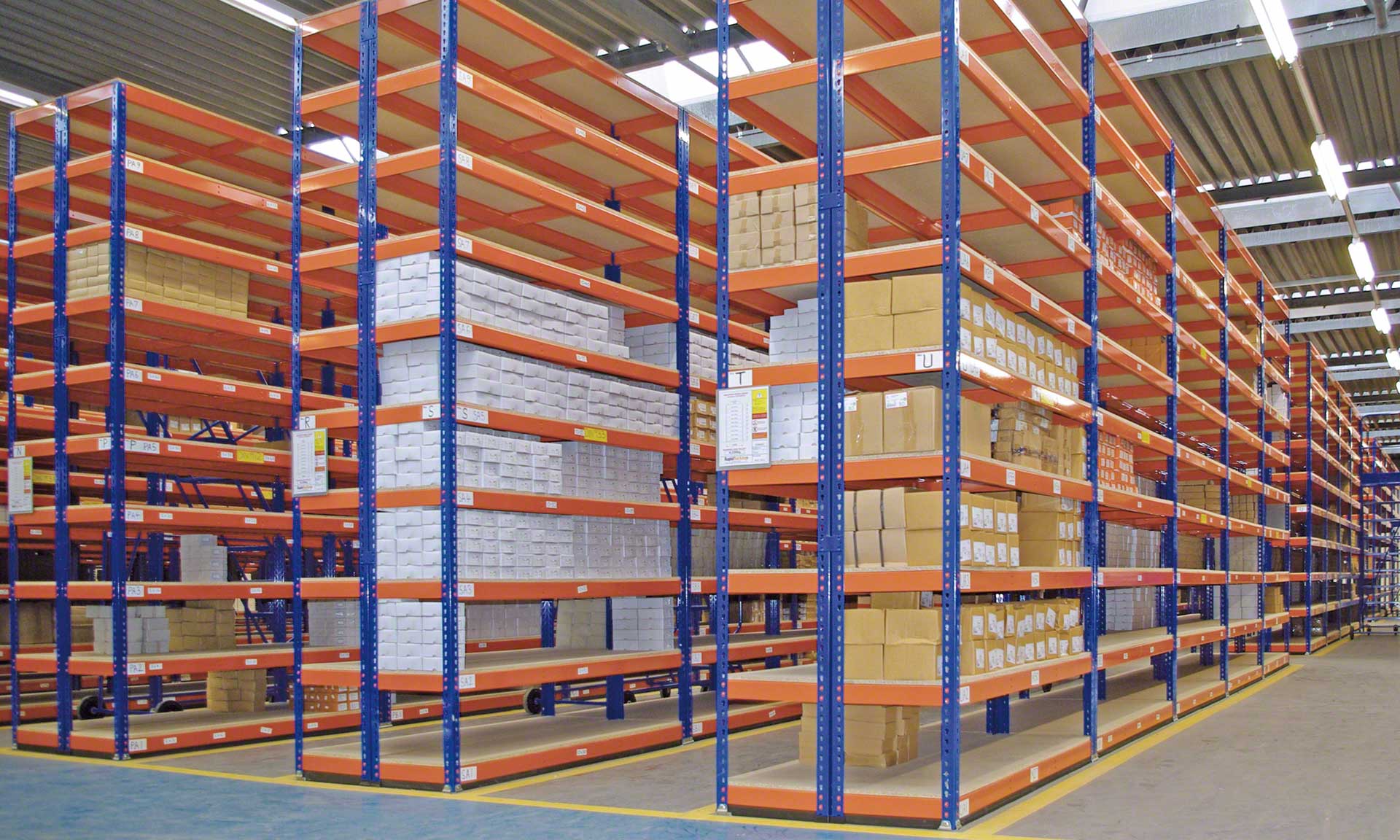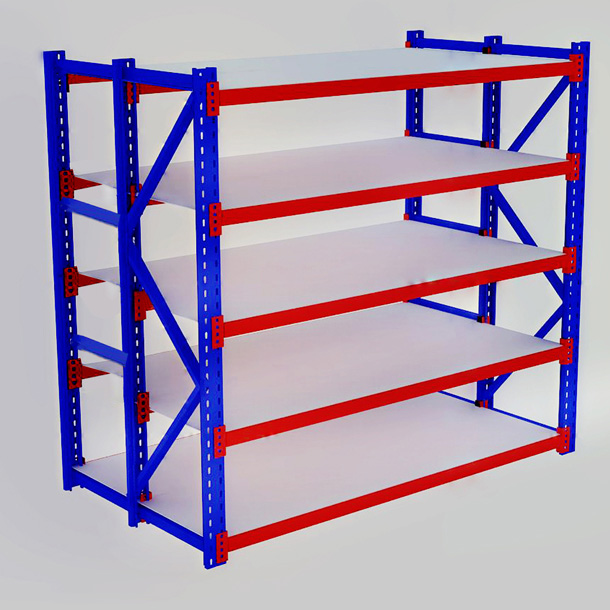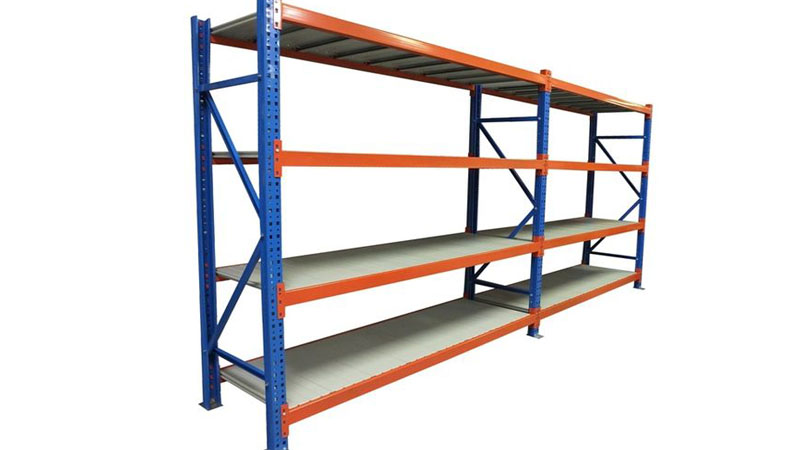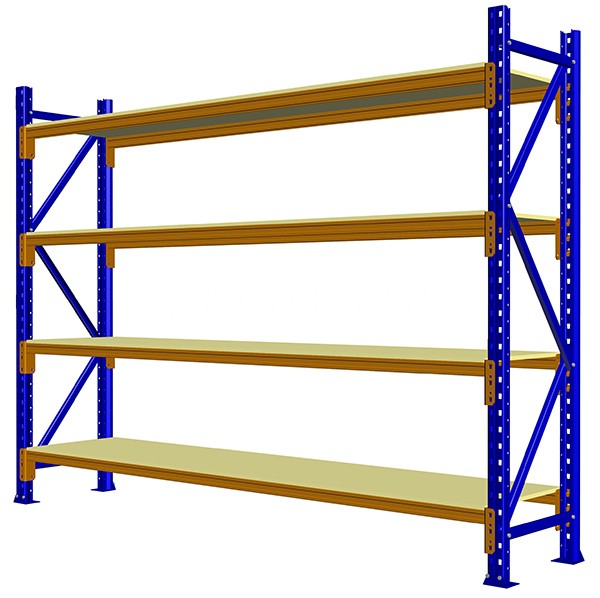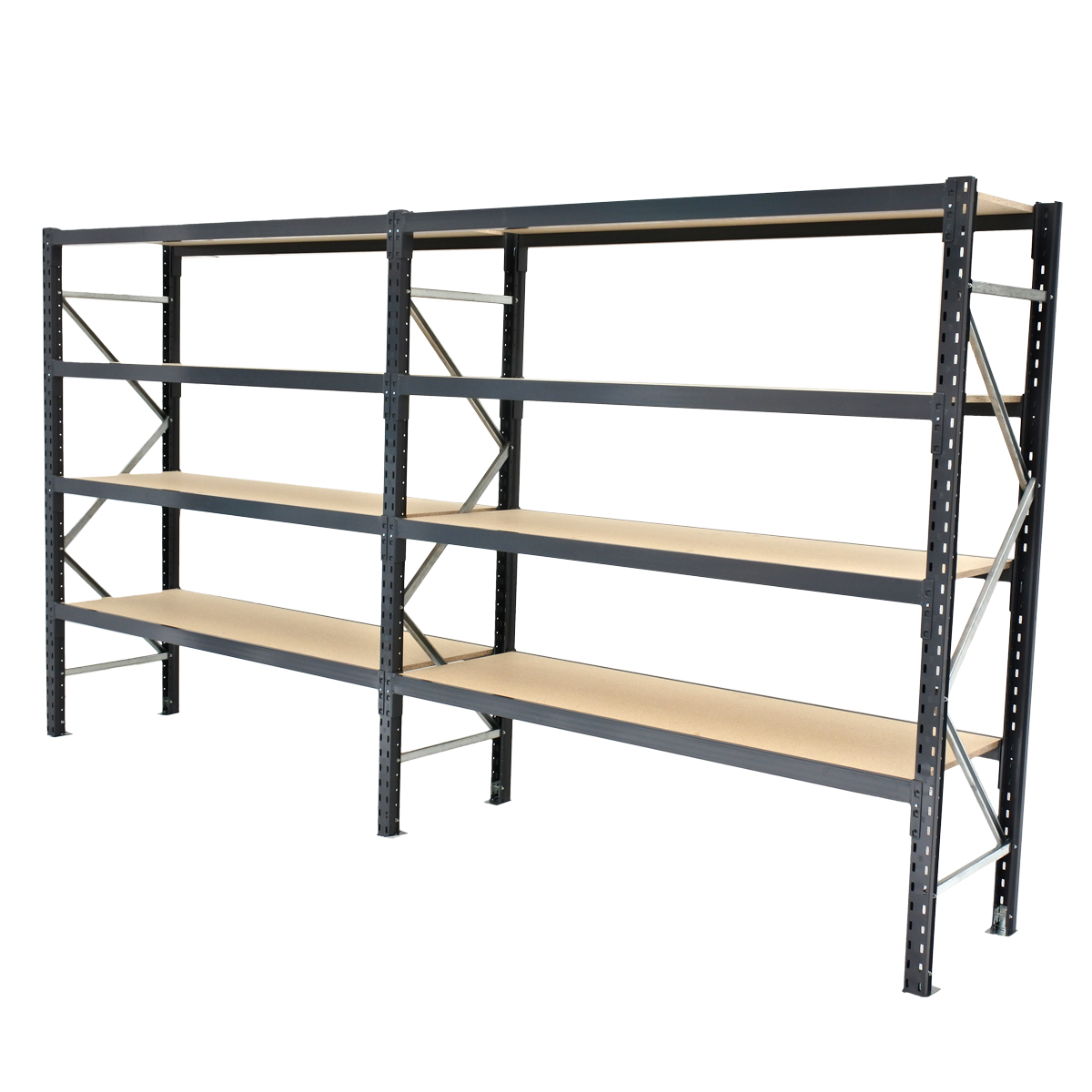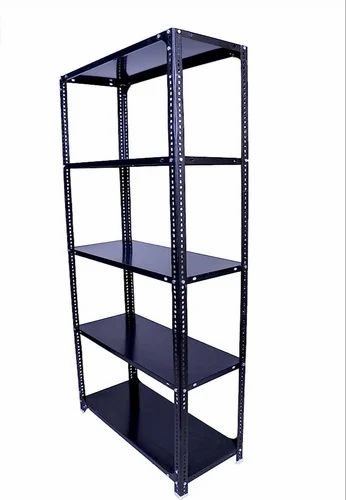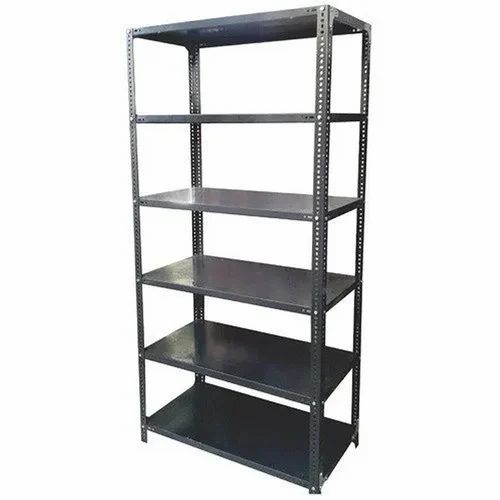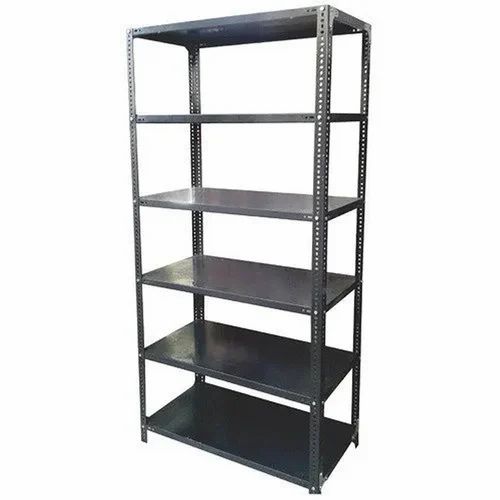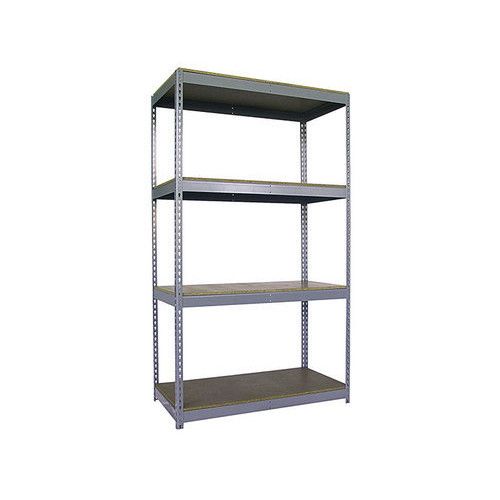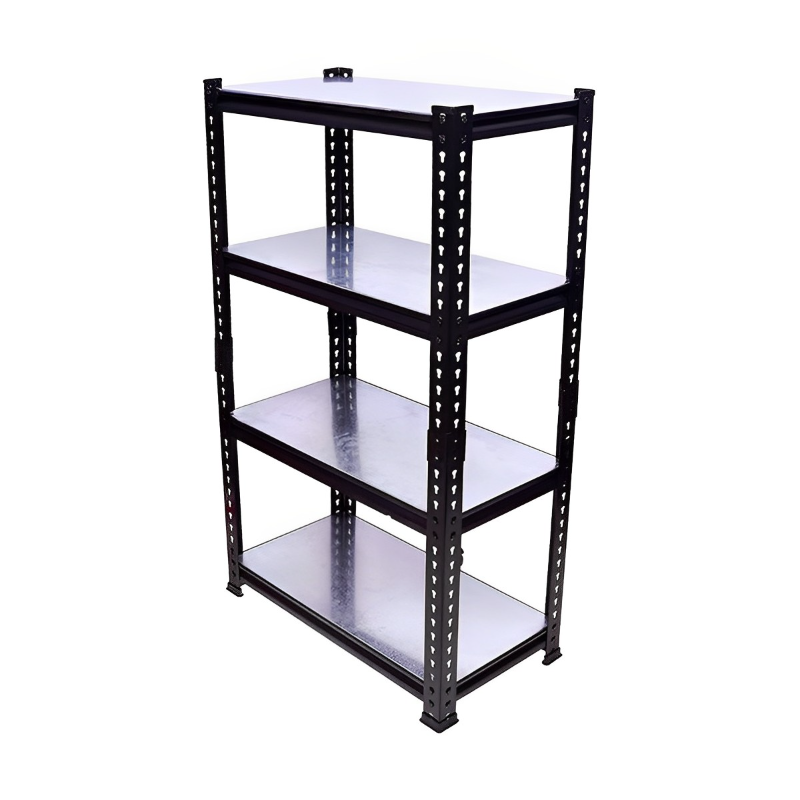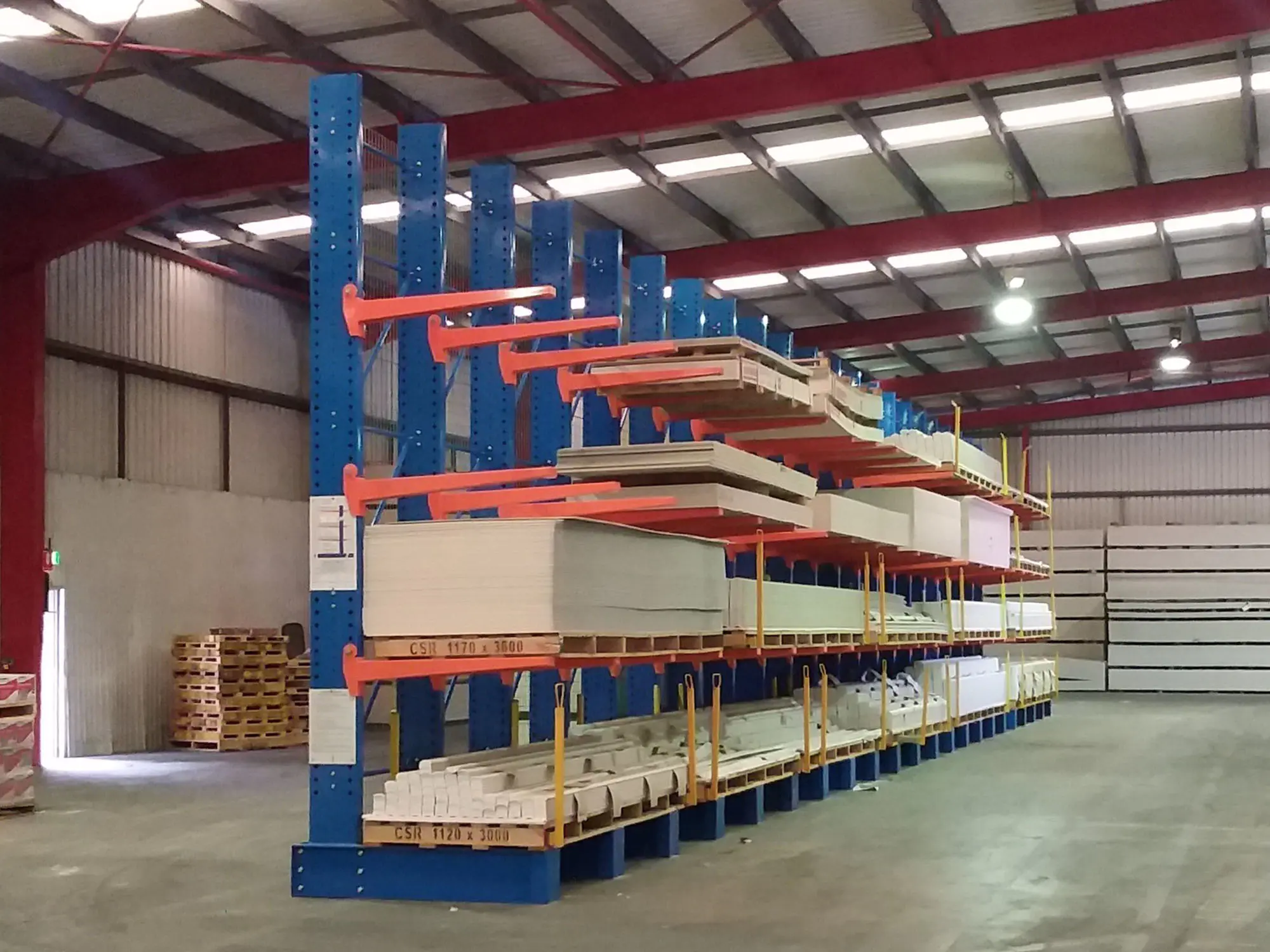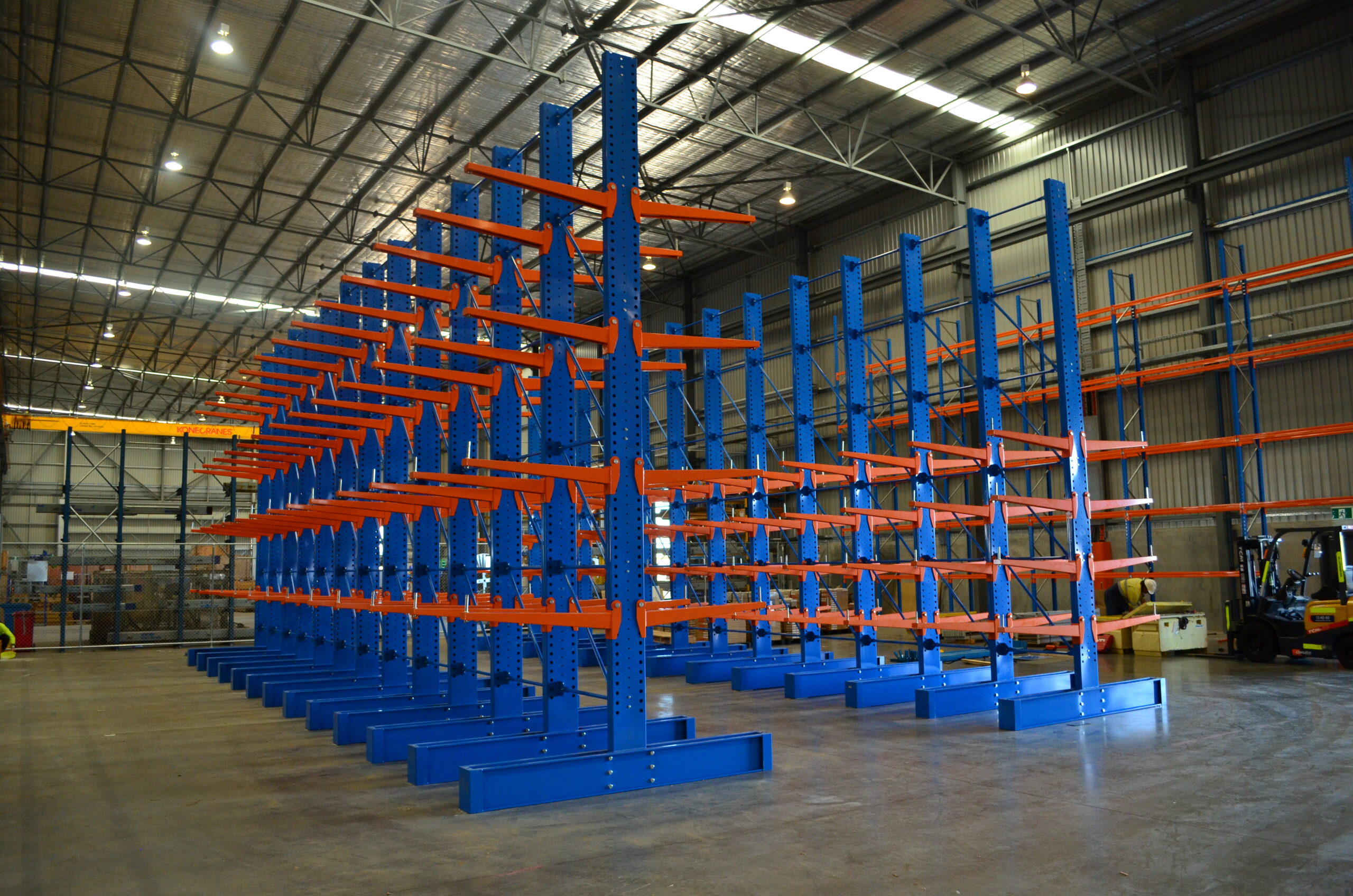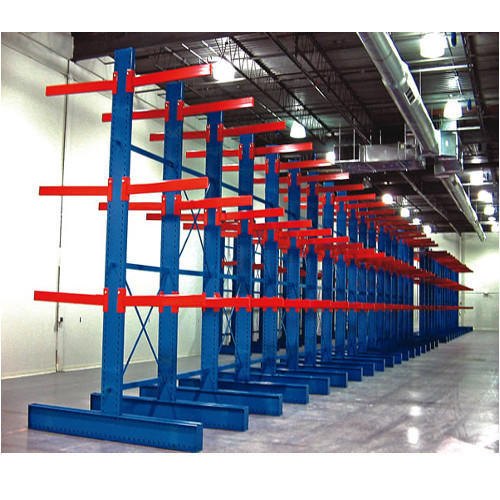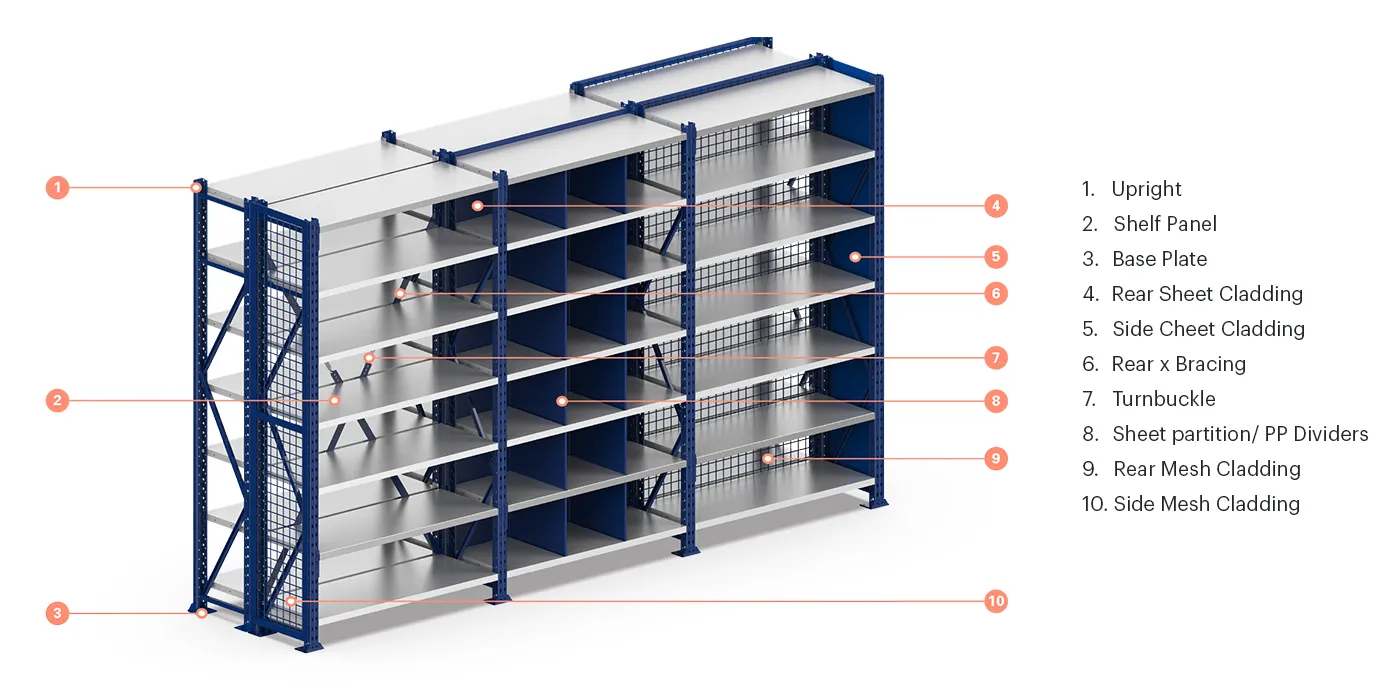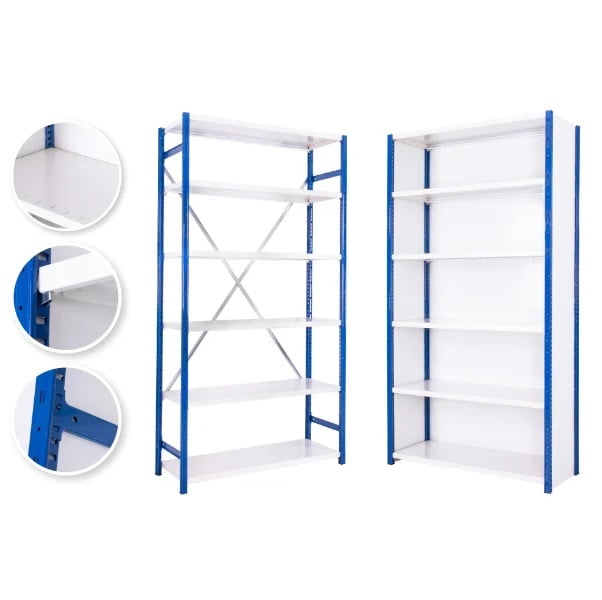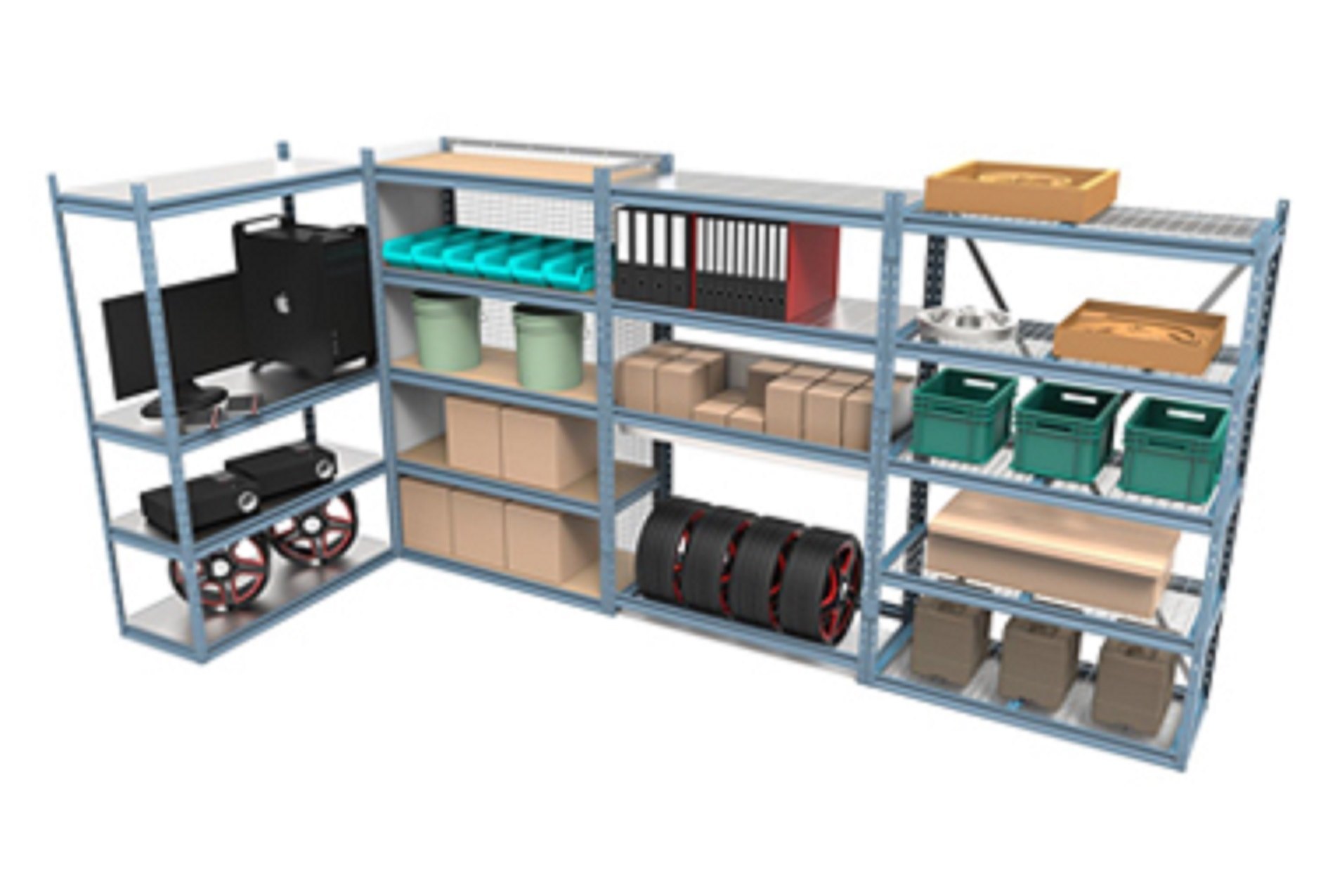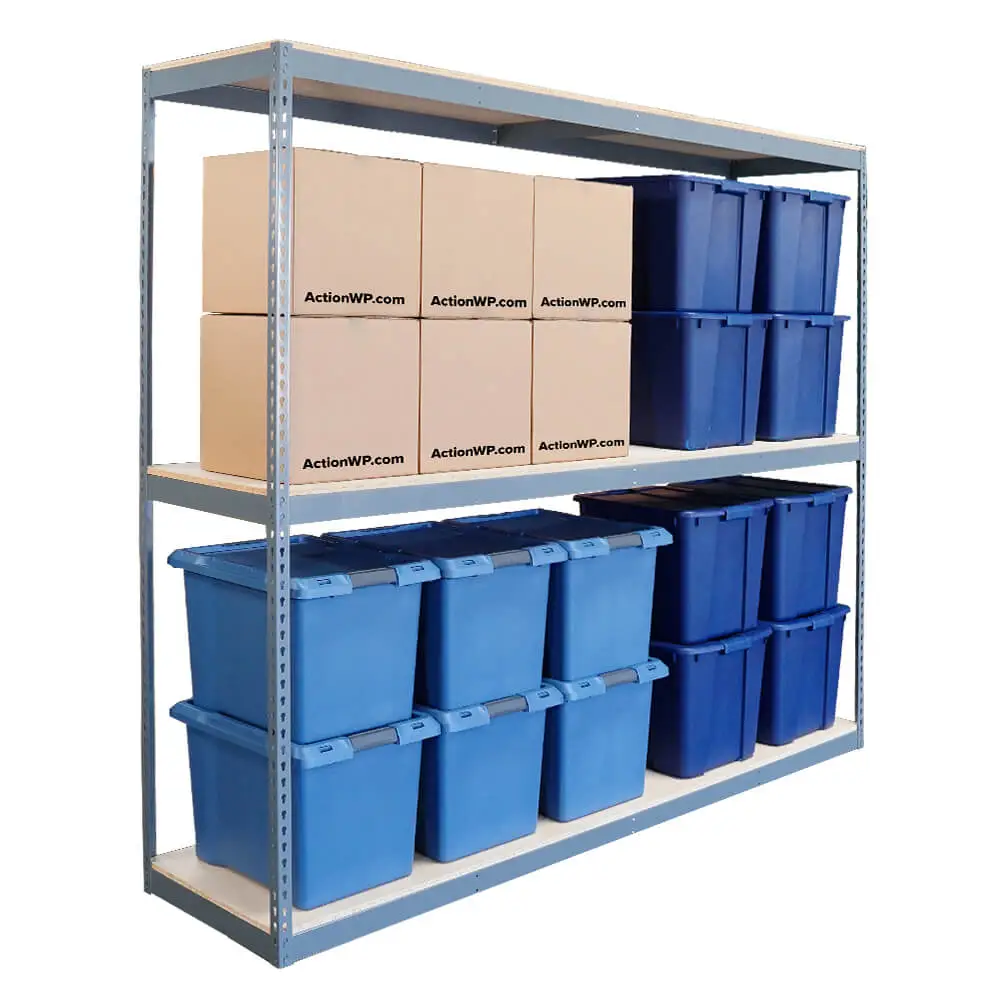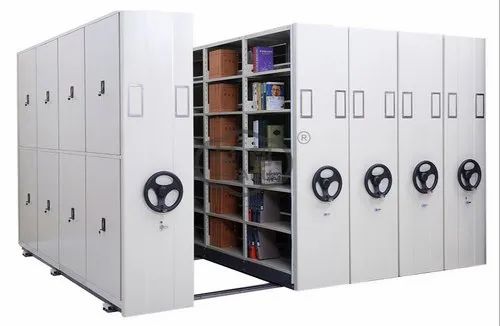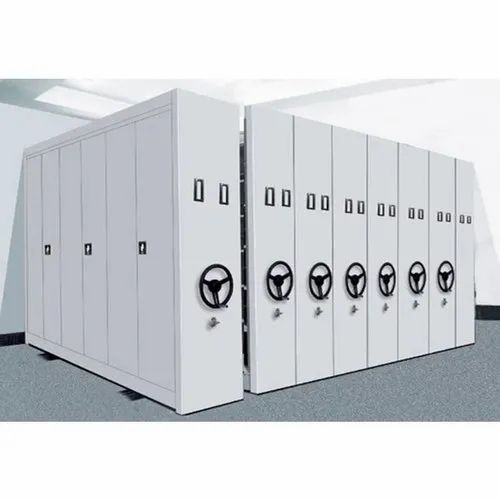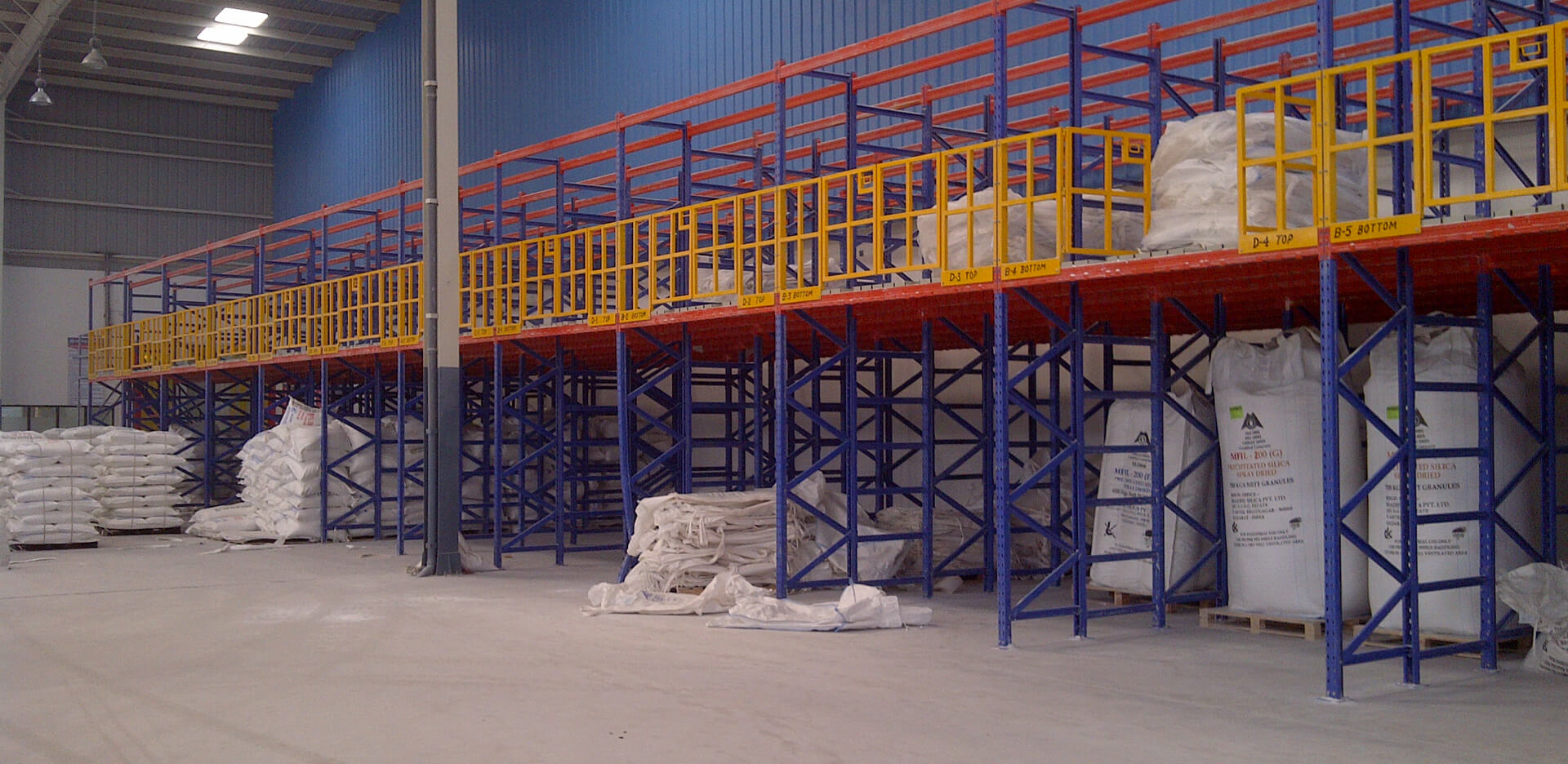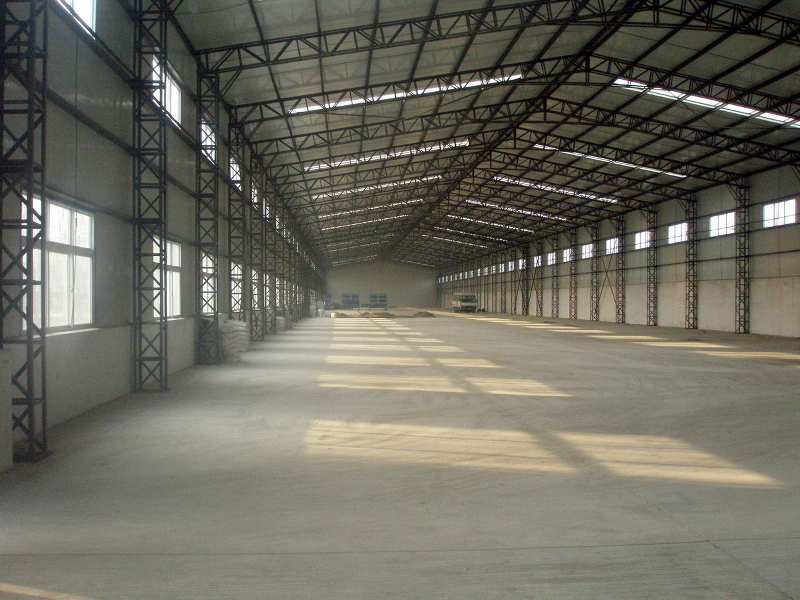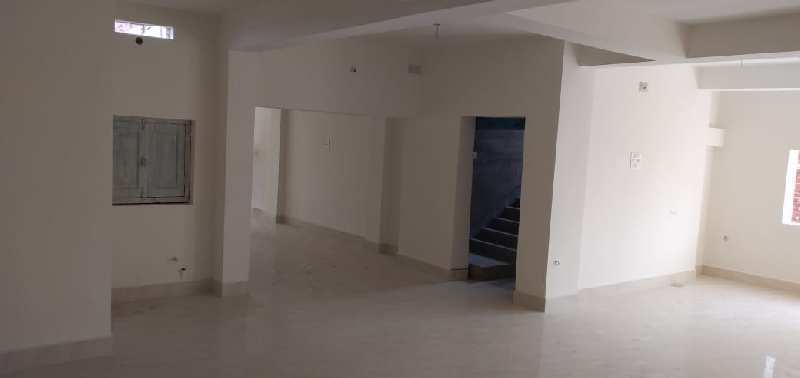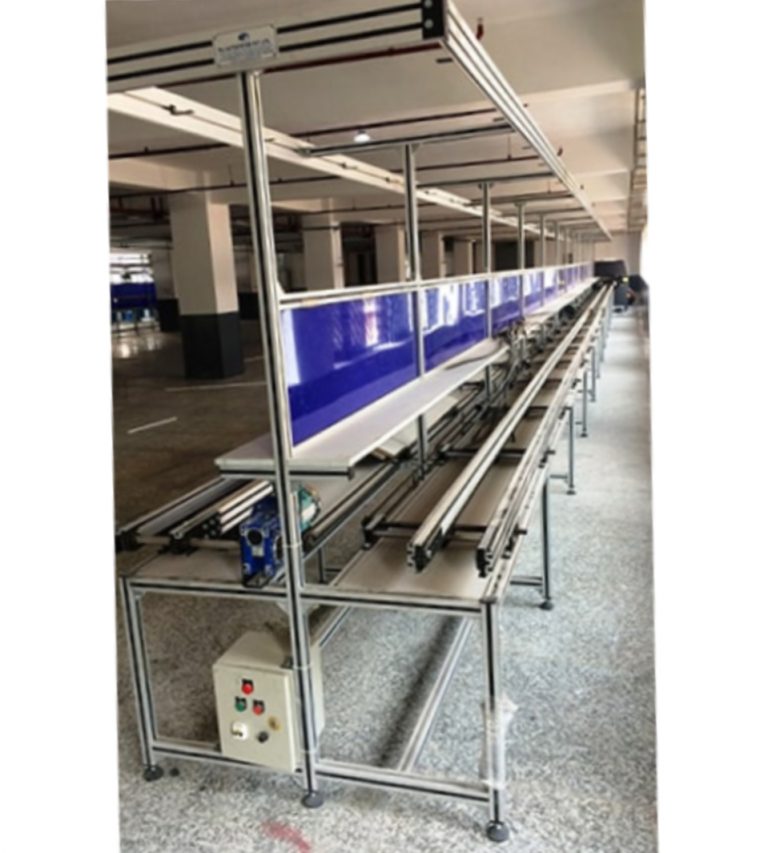

PCB Conveyors
Add Zip code to check availability
Select Quantity
Features
Additional Information
Marketplace Benefits
Warranty & Return Policy
Description
The PCB Conveyor is a precision-engineered system designed specifically for the safe, smooth, and efficient transfer of printed circuit boards (PCBs) between different stages of an electronic assembly line. Commonly used after SMT (Surface Mount Technology) machines, these conveyors facilitate manual handling, visual inspection, testing, cooling, and packing operations in PCB production environments.
The conveyor is designed to handle PCBs of varying sizes, with adjustable width options ranging from 50 mm to 300 mm, and can be customized to meet specific application needs. Depending on the line configuration, PCB conveyors can be installed for single-sided or double-sided operations.
Built from high-quality aluminum profiles and fitted with anti-static belts or ESD-safe surfaces, the system ensures safe transportation of sensitive electronic assemblies without electrostatic damage. The modular design makes it easy to integrate into existing SMT, wave soldering, or manual assembly lines.
Applications
The PCB Conveyor plays a vital role in electronics manufacturing processes such as:
Manual transport of PCBs between SMT, inspection, or testing stations
Buffering and cooling after reflow or wave soldering operations
Connecting conveyor between MI (Manual Insertion) line and soldering stations
Touch-up and inspection lines for quality assurance
Final packing conveyor for assembled PCB units
Additionally, the system can be configured as:
Connecting Conveyor – linking MI line to wave soldering machine
Cooling Conveyor – transferring PCBs from soldering to touch-up section
Touch-Up / Packing Conveyor – for post-process inspection and final assembly
Key Specifications
| Feature | Description |
|---|---|
| Conveyor Type | PCB Transport / Buffer Conveyor |
| Application | For SMT, Wave Soldering, and Manual Assembly Lines |
| Structure Material | 40 × 40 mm Anodized Aluminum Profile |
| Belt Type | ESD-safe (Anti-static) or Flat Rubberized Belt |
| PCB Width Range | 50 mm to 300 mm (adjustable and customizable) |
| Length Options | Customizable as per line layout |
| Drive System | AC Geared Motor with speed control |
| Speed Adjustment | Variable via potentiometer or VFD |
| Working Height | Standard 750–900 mm (customizable) |
| Operation | Manual / Semi-Automatic / Automatic |
| Utilities | ESD grounding, optional lighting, power socket integration |
| Power Supply | 230V AC / 50Hz |
| Optional Features | Buffer section, sensor stop, SMEMA interface for line integration |
Features & Advantages
Efficient PCB Handling: Ensures safe and smooth transfer of delicate boards during production.
ESD Protection: Anti-static construction prevents electrostatic discharge damage.
Adjustable Design: Fully adjustable width (50–300 mm) and customizable length.
Modular Construction: Easy to integrate between SMT, wave soldering, and touch-up conveyors.
Custom Configurations: Can be designed as connecting, cooling, or packing conveyor based on process needs.
Precision Built: Constructed with high-quality aluminum profiles for rigidity and long life.
Smooth & Silent Operation: Ideal for cleanroom and precision assembly environments.
Cost-Effective: Reliable performance with minimal maintenance and low power consumption.
Flexible Operation: Can be configured for left-to-right or right-to-left conveying direction.
Safety-Oriented: Designed with proper grounding, anti-slip belts, and ergonomic working height.
Conclusion
The PCB Conveyor is an essential solution for modern electronic manufacturing lines, providing efficient, safe, and controlled PCB transfer between process stations. Engineered for precision and reliability, it enhances workflow continuity and reduces manual handling, ensuring high throughput with minimal downtime.
Available in connecting, cooling, touch-up, and packing configurations, each conveyor is fully customizable to meet unique customer requirements — making it a preferred choice for SMT, wave soldering, and assembly line integration in industries such as electronics, LED lighting, and consumer appliances.

